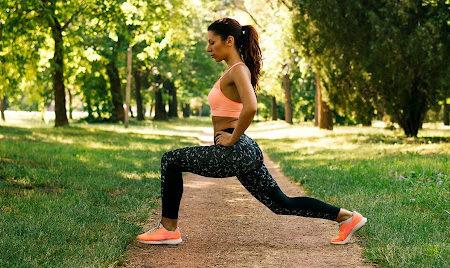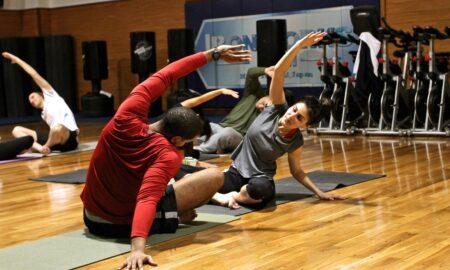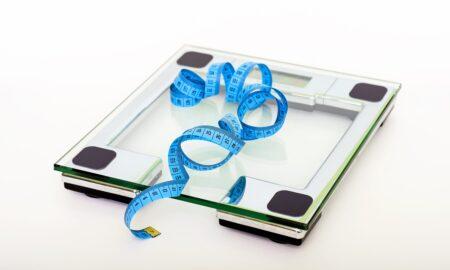Few things seem as confusing as the issue of muscular soreness, more formally known as delayed-onset muscle soreness, or DOMS. There doesn't even seem to be an agreement on what causes the phenomenon, though most experts believe it's the result of micro-trauma to the muscle fibers. Many bodybuilders are convinced that there's a direct correlation between the degree of soreness they feel following a workout and the amount of growth they've generated. You often hear them bragging about how they couldn't walk up a flight of stairs the whole weekend after Friday's leg workout or that a particular shoulder session was so damaging that they could barely comb their hair because of the pain. Others feel that they've failed when they don't get sore.
Yet not a lick of evidence links muscle soreness to muscle growth. Some bodybuilders get sore after nearly every workout, while others rarely get sore. It isn't uncommon to have some muscle groups that get sore on a regular basis and others that almost never do. Think for a moment about the times you've been sorest. I'd venture to say that the most memorable bouts of agony you can recall followed a return to training after a period of not training at all. Second to that would be times when you tried out a new exercise or technique, such as negatives, supersets or drop sets. Finally, there have probably been workouts when you trained at a much higher intensity than usual, perhaps because you were trying to impress someone. In all three situations the muscle was doing something it was unaccustomed to.
To be sure, variety is very important in your workouts, but that doesn't mean every single workout has to be different from the others, like a snowflake or a fingerprint. For instance, your training cycle may have you squatting five pounds more every week for 10 weeks. You may not get sore once from those squatting sessions, but if at the end of 10 weeks you've succeeded in adding 50 pounds to your squat, I can comfortably say your thighs will have increased in size. To use another example, you could do a drop set of leg extensions totaling 100 reps in every leg workout for 10 weeks. You'd probably get sore every time from that, but growth wouldn't necessarily follow as a result.
The bottom line is that soreness or the lack thereof shouldn't be the factor by which you judge how effective your training is. If you're making progress in strength and putting on muscle mass, don't fret that you aren't constantly incapacitated from your workouts. But if getting sore makes you feel as if you've done a great job in the gym, by all means continue to seek it out.
Editor's note: Check out Ron Harris' Web site, www.ronharrismuscle.com.




















You must be logged in to post a comment Login